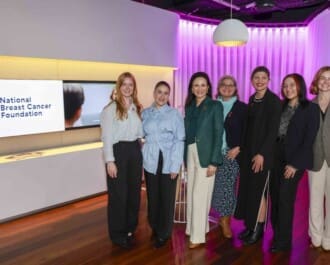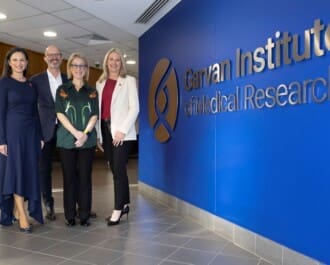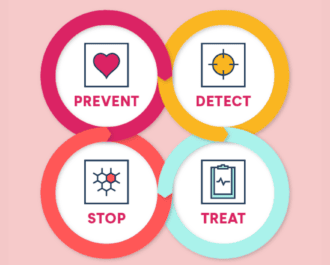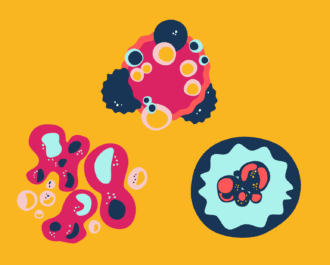
Thanks in part to funding from the National Breast Cancer Foundation (NBCF), tamoxifen is the first breast cancer prevention treatment to be added to the Australian Government’s Pharmaceutical Benefits Scheme (PBS).
Tamoxifen (which is the generic name for Nolvadex-D) is already standard treatment for women with hormone receptive breast cancers and is prescribed for at least five years to prevent breast cancer returning.
Now an estimated 250,000 women with a family history or a genetic predisposition to breast cancer can benefit from tamoxifen as a preventative measure.
NBCF is proud to have played an early part in this significant milestone for Australian public health. Nearly 20 years ago NBCF funded a research project that investigated the cost-effectiveness of using tamoxifen for breast cancer prevention, as part of the larger International Breast Cancer Intervention Study (IBIS-I).
Tamoxifen, in addition to being an effective breast treatment, has side effects that include an increased risk of endometrial cancer, blocked arteries in the lungs and sexual wellbeing.
This study aimed to answer the question of whether the potential improvement in survival and quality of life gained from more women using Tamoxifen was worth the additional cost to the health system – a question that would directly impact both women and policy making.
Led by Professor Simes from the University of Sydney back in 1997, the researchers found that tamoxifen could be cost-effective in preventing breast cancer in women at high risk if cancers were permanently prevented, not just delayed. He recommended that follow-up trials be conducted to help inform health policy.
Results from subsequent international and local clinical trials went on to prove the benefits of tamoxifen and showed significant results in the prevention of breast cancer in women of high risk.
The recent government announcement means that, once listed on the PBS, Australian women deemed at moderate-to-high high risk of developing breast cancer by their doctor will have access to subsidised tamoxifen ($36 per script) to reduce their lifetime risk of developing breast cancer, which will in turn reduce cost to the health system.
If you’d like to support f you’d like to support breast cancer research, please donate.
More News Articles
View all News


